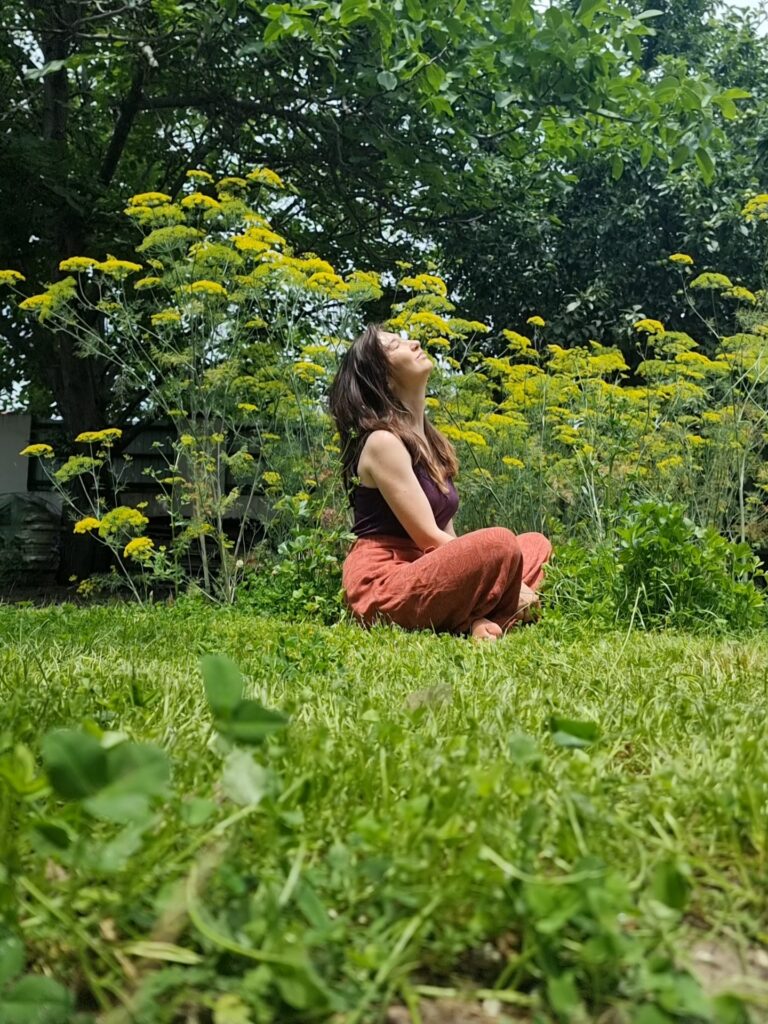Yale University has a free online class about the science of well-being, taught by Doctor Laurie Santos. Here are the highlights:
Misconceptions around happiness:
The things we think are gonna make us happy, like wealth, beauty, fame, expensive stuff …it doesn’t. Most of the things that we think will make us happy at last only do so briefly. And then, our baseline of happiness eventually returns. But that’s not entirely bad news, because 40% of our happiness is actually under our control and not determined by genetics, but our minds.
Our minds also don’t think in terms of absolutes: we judge relative reference points so, what this means is we compare how happy we should be based on our surroundings. So even if you’re making plenty of money, if everyone around you is making substantially more, you’re going to ultimately be unhappy.
We also don’t realize that our minds are built to get used to things, which is called hedonic adaptation. So this is the reason why you are constantly shifting the goalpost or moving the milestone of things that you think are going to get you to a state of happiness.
Now in terms of How to be happier? the course says we want to do a couple of things:
- We want to invest in experiences over any kind of material thing.
- We want to modify our hedonic adaptation. You can do this in a couple of ways: by savoring really enjoyable moments and grounding in the present. You can use negative visualization by imagining well, what if I didn’t have this awesome thing.
- Think as if today your last day was to increase gratitude.
- You can also practice gratitude daily and reset your reference points. This is like looking at what you’re actually comparing your life to resetting that barometer.
- Interrupting consumption: taking a break from a fun thing will actually make you appreciate coming back to that fun thing more.
The science of what makes us happy.
- Having signature strengths and a job over money (feeling like you are able to utilize your unique strengths that you are being able to be fulfilled by your job).
- That you are appreciated and valued.
- Flow in a job is better than money, because that increases fulfillment and a sense of engagement. Growth mindset over having a fixed mindset makes us happy.
- Practicing kindness, social connection time affluent over money.
- Valuing your free time.
- Mindfulness via meditation exercise.
- And good sleep.
What are the implementation steps that you can take to increase your happiness?
- Using situational support. If you know you want to have good nutrition, you can take all of this candy and put it in a drawer instead of on your desk.
- You can set specific goals.
- Practice goal implementation intentions. You can use the WOOP (Wish, Outcome, Obstacle, Plan).
This is an evidence-based goal setting strategy where you define a desired outcome, identify potential obstacles and then you create a plan to overcome those barriers. It differs from other goal setting techniques by including a self-regulation strategy called mental contrasting. Mental contrasting encourages you to balance positive thinking about desired future alongside consideration of the present-day obstacles that might be in your way.
I hope this will help you too!
Take the 8 hours class here, for free!
https://online.yale.edu/courses/science-well-being
You can sign up for free and learn all of this yourself. New studies have come out saying that this course can and does enhance people’s sense of well-being. One important caveat to note is that the authors of this course point out this is not a cure all for depression, or a replacement for psychiatric treatment. This is just about how to improve your mental health and overall sense of well-being.
#WellBeing #Happinnes #goals #WOOPmethod #Plan #Yale #Course
















